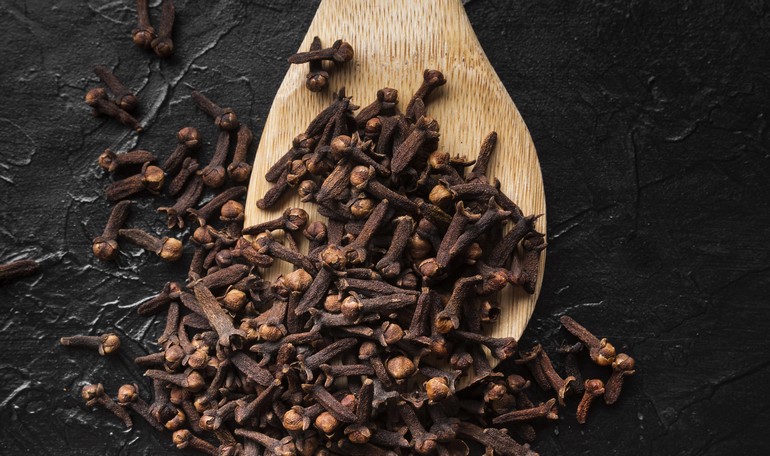The word from the nutritionist
The Mediterranean diet, a world heritage
On 17 November 2010 UNESCO registered the Mediterranean diet in the list of the immaterial world heritages.

The word ‘diet’ derives from the Old Greek term ‘diaita’ meaning ‘lifestyle’; it goes indeed beyond the simple concept of food and indicates a mass of competences, knowledge, usages and traditions, from the landscape to the table, including the cultivation, the harvest, the fishing, the preservation and in particular the consume of food.
But, what is the Mediterranean diet? It includes all the alimentary usages of the people that live in the Mediterranean basin. This alimentary nutritional model is characterized by the use of olive oil, cereal, fresh and dried fruits and vegetables, a moderate quantity of fish, milk products and meat, and a lot of seasonings and spices. It promotes the social interaction, in fact the communal meal is the base of social customs and festivity and this has originated a high quantity of songs, legends and stories.
The Mediterranean diet is based on the respect of the territory and the biodiversity and guarantees the preservation and the development of traditional activities as fishing and agriculture. The diet is an ancient tradition, a rich heritage of knowledge that is integral part of the cultural life of Mediterranean populations, in particular the Italian one.
The Mediterranean alimentary model can therefore be considered eco-friendly and it has a lot of environmental, social and economic benefits.
Published 22 April 2016





